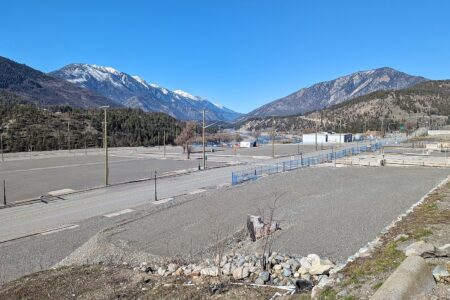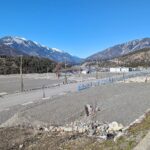Vitamin K- An Essential Nutrient for your Bones & Heart
Vitamin K was discovered in the early 1900’s by Dr. Dam, a Danish scientist and the Japanese have done extensive research since then and found that Japanese women eating Natto had increased bone density. I know you are asking, what the heck is Natto and what connection does that have to Vitamin K?
Natto is a fermented food common in Japanese breakfasts that is steamed soy beans that have been fermented for a few days with the addition of some beneficial bacteria (natto bacillus) that are grown on rice. It is served with a little soy sauce, a bit of hot mustard, chopped green onion or shredded nori seaweed and served on hot rice. The Japanese government has been very proactive and made it part of the school breakfast program, because it is very high in Vitamin K2 which has been shown to help prevent osteoporosis and protects against cardiovascular diseases—-a great preventative for improved long term health!
There are two types of Vitamin K, K1 and K2. Dark green leafy vegetables like swiss chard, kale, arugula, parsley, beet tops, cilantro, collards, broccoli, cauliflower and olive oil are all rich in Vitamin K1, which helps to regulate blood clotting. Vitamin K2 also contributes to that, but, it also helps the bones. Bone is constantly being broken down and built up with osteoclasts and osteoblasts.
As we age, over 30 years old, we typically lose 1% of our bone structure each year. Osteoblasts that build bone are increased with Vitamin K2. They produce osteocalcin, a protein that attaches to calcium, increasing absorption into the bone and decreasing the risk for osteoporosis and fractures. Japanese studies have shown a reduced fracture rate of 60% in the vertebrae, 80% in the hip and other joints of the body and increased bone density.
Since Vitamin K helps absorption of calcium into the bones and teeth, it keeps calcium where it is supposed to be, rather than depositing on the arteries and veins. A lack of Vitamin K2 increases the risk of calcium deposits on the aorta and coronary arteries that deliver blood and oxygen to the body and the heart. Increased calcification weakens vessel walls and can increase the risk of an aortic aneurysm or rupture of the aorta.
A study done in Holland showed a 52% decrease in risk of aortic calcifications with an increased intake of Vitamin K2. A similar study showed a 41% decreased risk of heart attack due to coronary artery calcification. Also, too much calcium, if not utilized or absorbed into the bones, makes arteries more rigid and results in increased blood pressure. It can also make heart valves rigid, increasing the load on the heart, so, it will perform longer and stronger with Vitamin K2.
You have probably noticed that Japanese people have very smooth skin and few wrinkles. Another interesting study showed that Vitamin K2 also prevents calcification of our skin by activating the matrix proteins that inhibit calcium from being deposited in the elastin fibres which allows the skin to spring back. This smooths out the skin lines and prevents wrinkles. Vitamin K2 is also necessary for the proper function of Vitamin A, which is also important for the skin and Vitamin D, which keeps our immune system strong and helps build bone.
Since it is difficult to find natto in this part of the world, supplementing a 100 mcg capsule per day would be sufficient.
Brenda Gill is a naturopath practising in Rossland, BC.

























